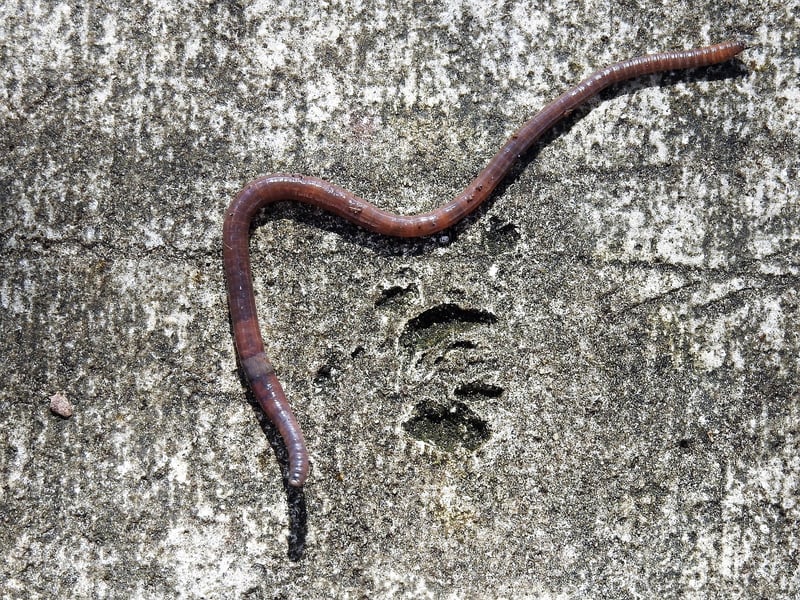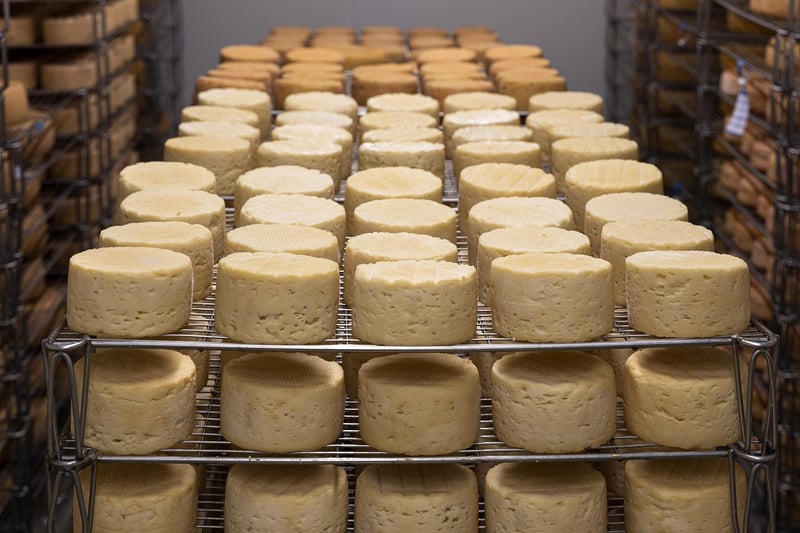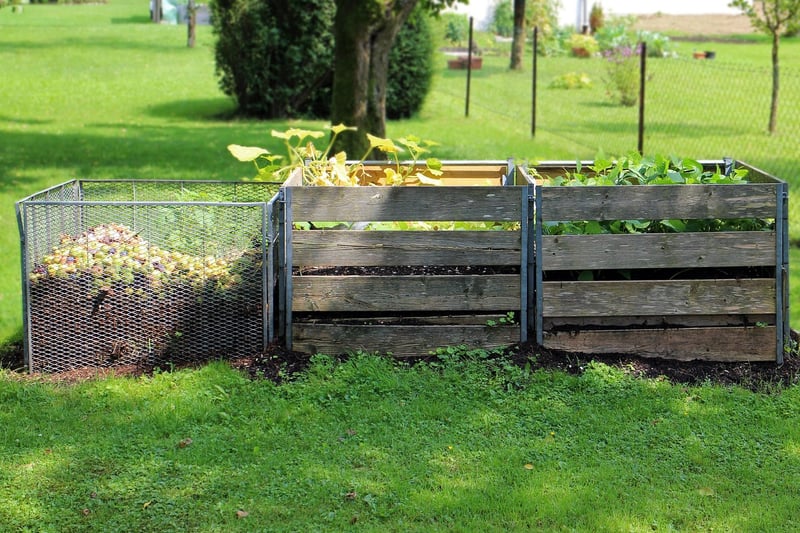Composting Methods
Caring for the Environment While Gardening
Introduction
Gardening is a rewarding activity that allows you to connect with nature and create a beautiful outdoor space. However, it's essential to care for the environment while gardening to minimize your ecological footprint. One way to do this is by implementing sustainable practices like composting.
Composting Methods
1. Traditional Composting
Traditional composting involves collecting organic waste such as fruit and vegetable scraps, coffee grounds, and yard clippings in a compost bin. Over time, these materials decompose and turn into nutrient-rich compost that can be used to fertilize your garden.

2. Vermicomposting
Vermicomposting is a method that uses worms to break down organic matter. Worms eat the kitchen scraps and produce castings that are rich in nutrients. To start vermicomposting, you'll need a worm bin, bedding material, and red worms.

3. Bokashi Composting
Bokashi composting is a Japanese method that ferments organic waste using a special bran inoculated with beneficial microbes. This process is anaerobic, meaning it doesn't require oxygen. The fermented waste can then be buried in the soil to break down further.

Benefits of Composting
- Reduces landfill waste
- Enriches soil with nutrients
- Helps retain moisture in the soil
- Reduces the need for chemical fertilizers
- Promotes healthy plant growth
By incorporating composting into your gardening routine, you can nourish your plants, reduce waste, and contribute to a healthier environment.
Remember, small actions like composting can have a significant impact on the planet. So, let's garden sustainably and care for the environment!
